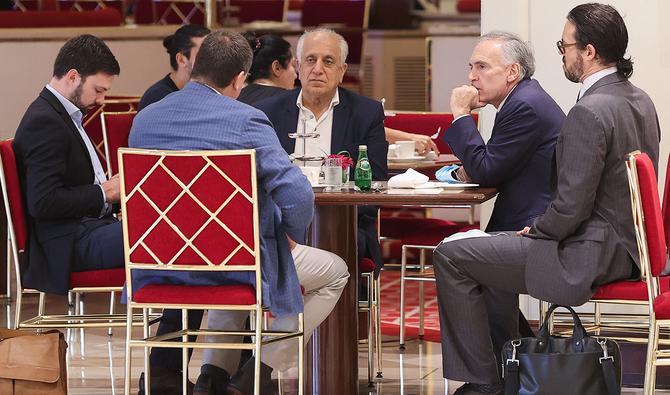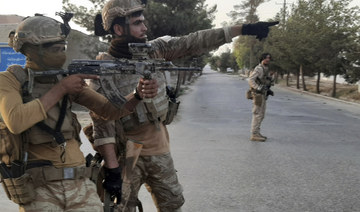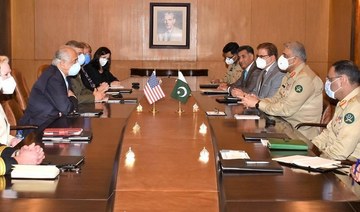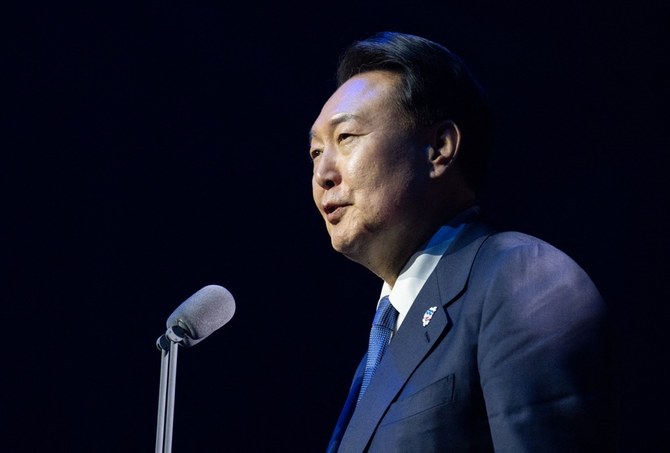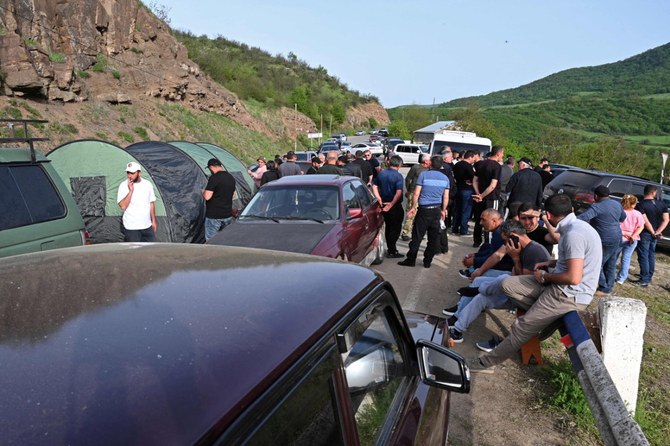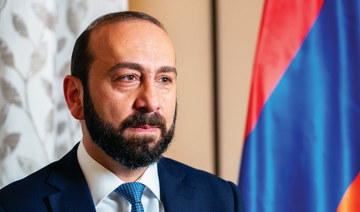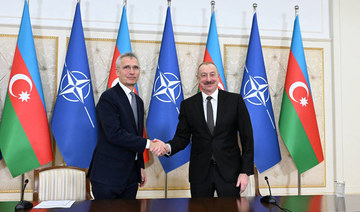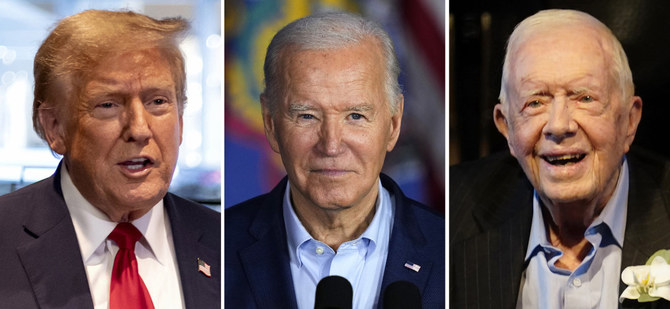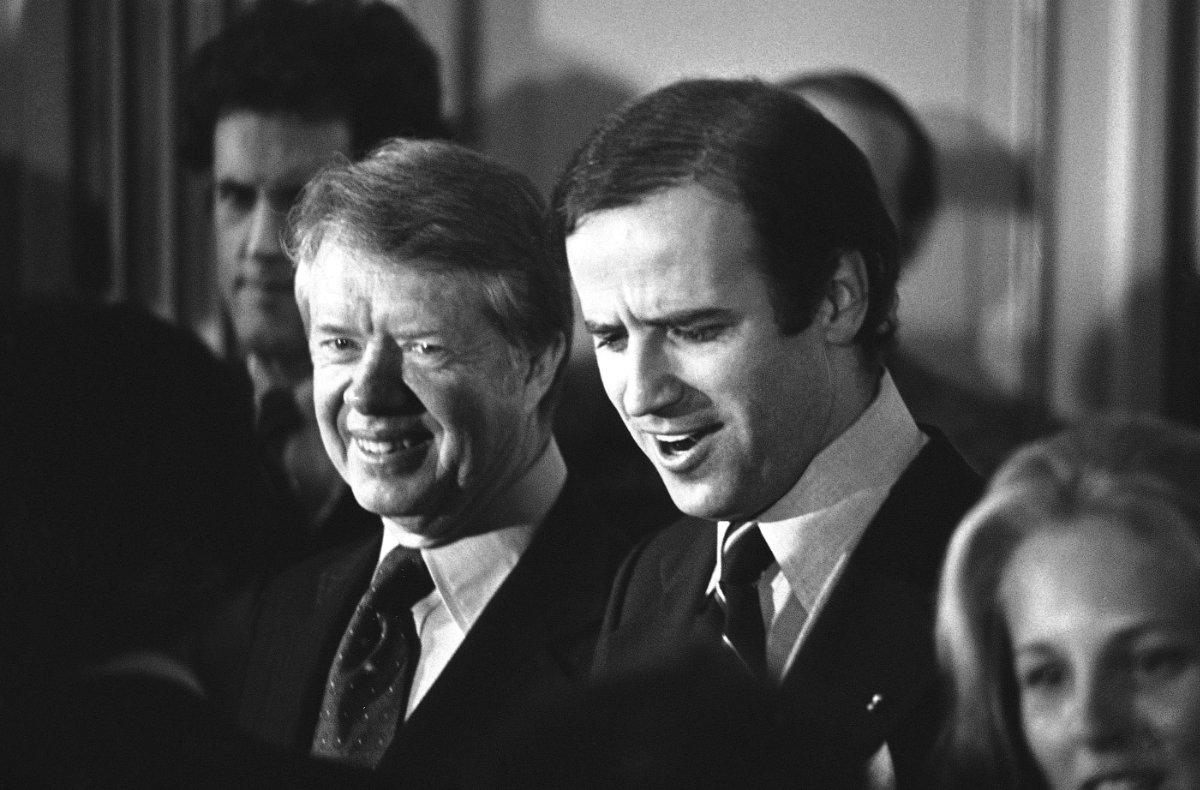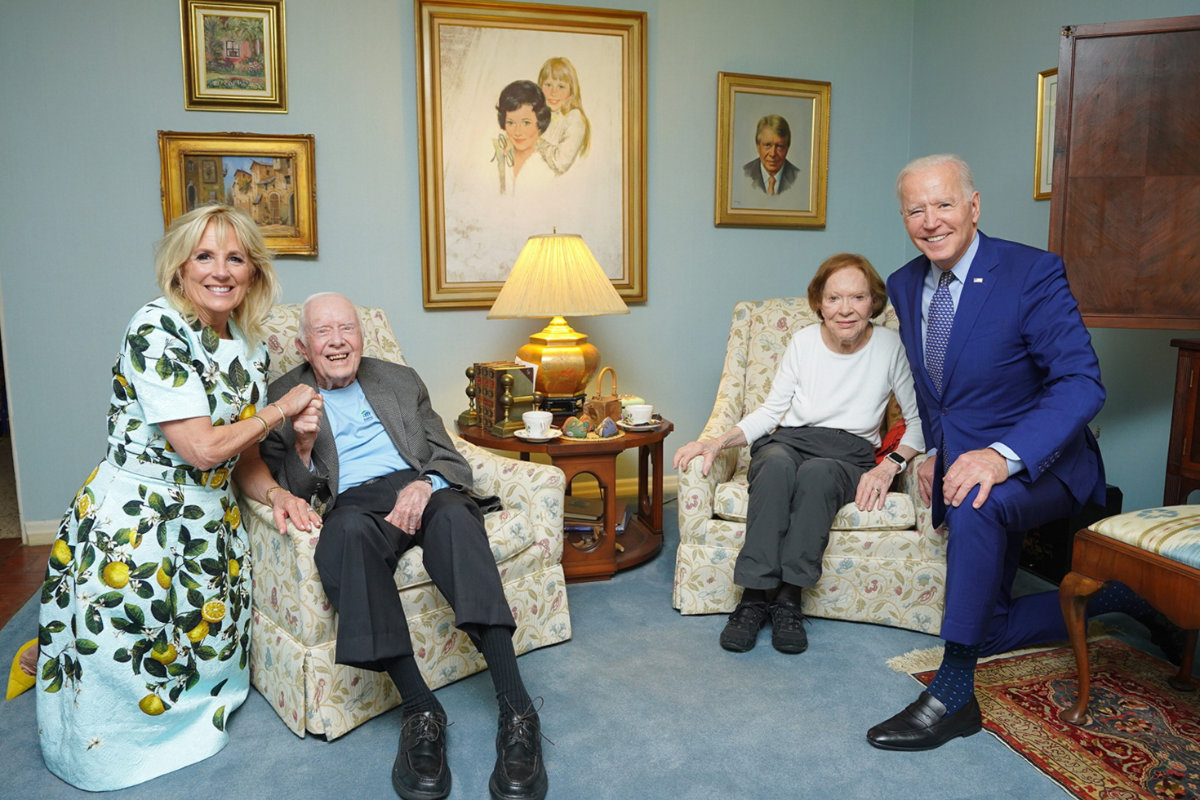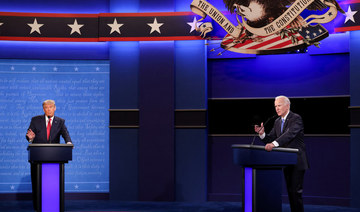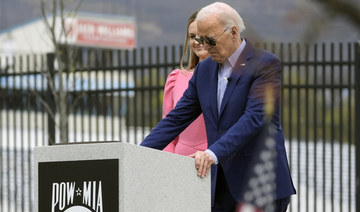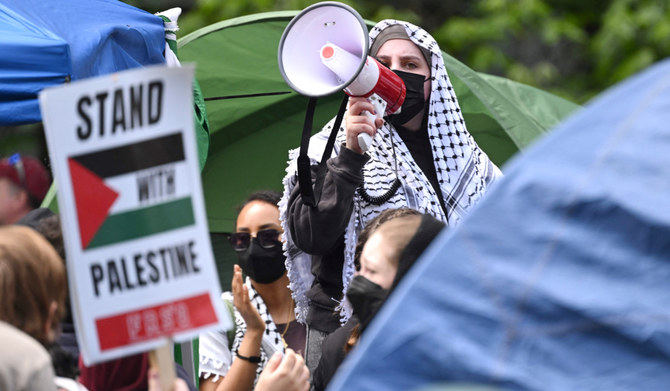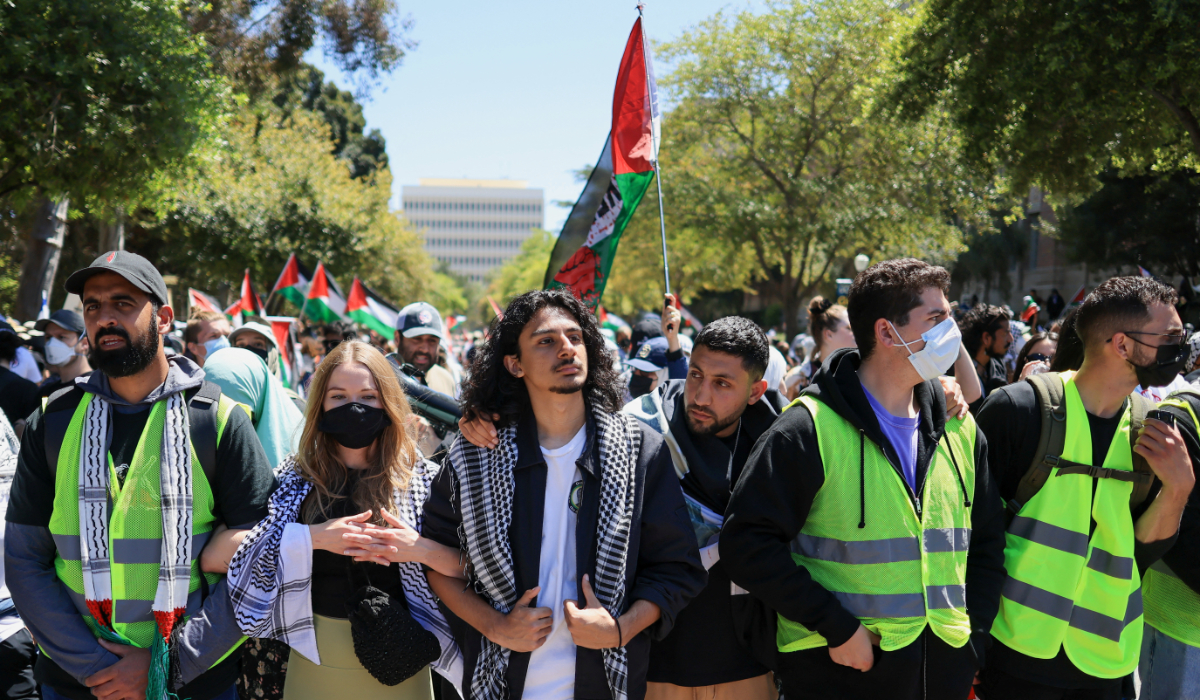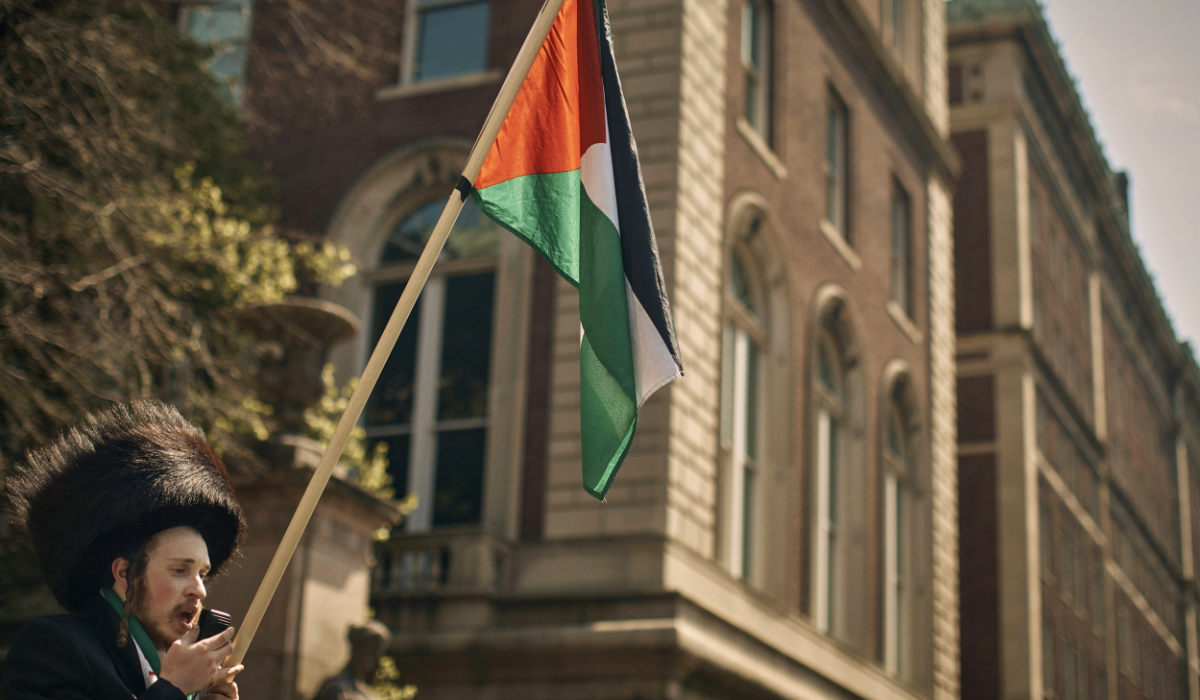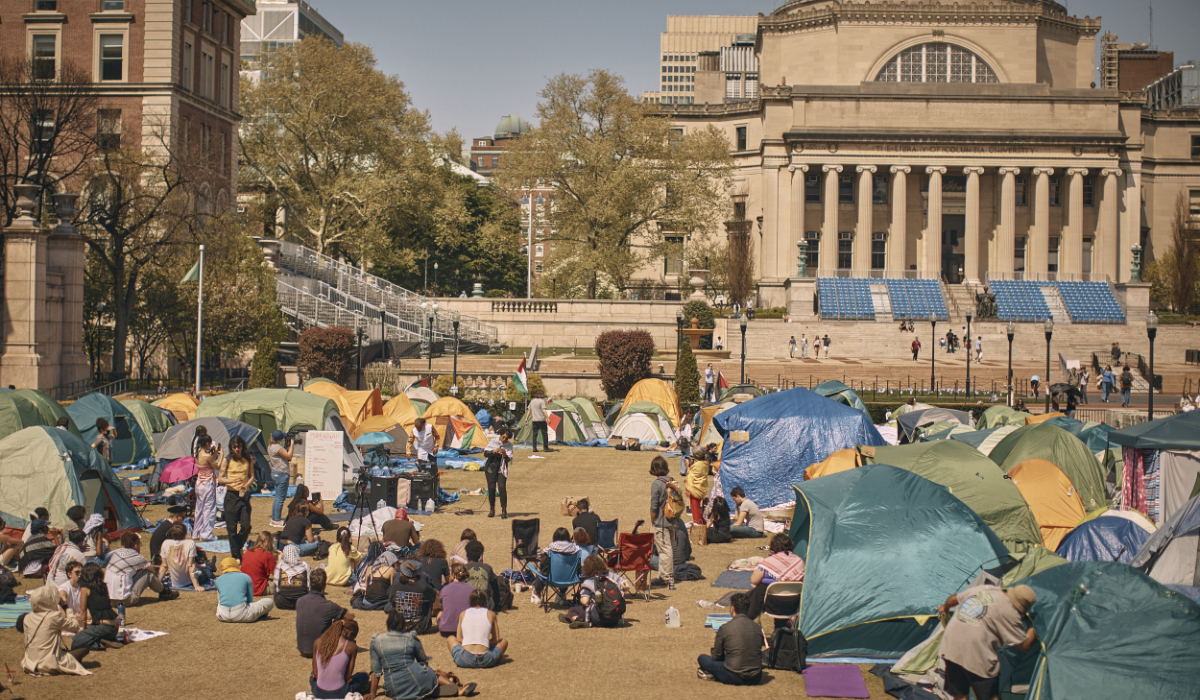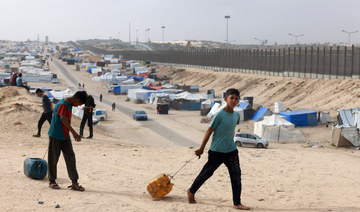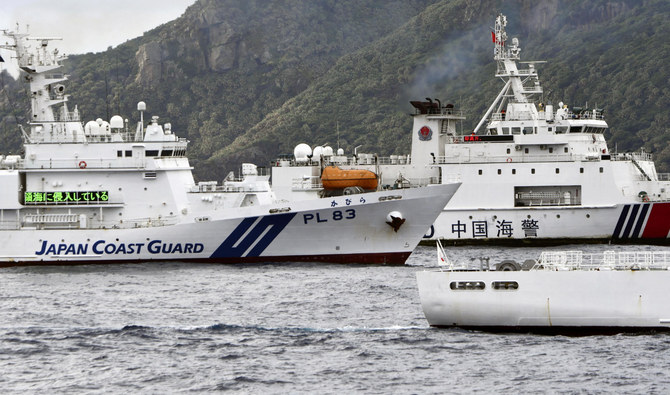KABUL: The Taliban on Wednesday refuted US Special Envoy Zalmay Khalilzad’s assertions that it was seeking a “lion’s share of power” in a future government, terming it as a “personal view,” as fighting worsens across Afghanistan and foreign troops inch closer to completing a withdrawal mission by month-end.
“That is his personal view. We heard Khalilzad’s comments, but our stance is that we want an accord that can observe the Islamic aspirations of the people,” Zabihullah Mujahid, a Taliban spokesman, told Arab News, adding that the group was “not after a monopoly of power or eyeing a key share.”
“We do not want anything for ourselves; we have given lofty sacrifices for Islam. The nation is exhausted. There will definitely be a complete Islamic government, and all sides will have to accept this … All Afghans will be given a share in it,” he added.
The comments follow Khalilzad’s remarks during a virtual conference of the Aspen Security Forum on Tuesday when he said: “At this point, (the Taliban) are demanding that they take the lion’s share of power in the next government given the military situation as they see it.”
He added that the Taliban and the Kabul government “are far apart” in US-backed peace negotiations, which began in Doha, Qatar, nearly a year ago.
The intra-Afghan talks were the first formal step to politically settle a decades-old conflict that began after the Taliban were toppled from power in a US-led invasion in 2001.
Khalilzad was the chief architect of the controversial, behind-the-door negotiations between the US and the Taliban, which Afghan President Ashraf Ghani and his administration were excluded from.
They led to the signing of a conditional agreement on Feb. 29 in Qatar between former US President Donald Trump’s administration and Taliban representatives based on which US and NATO troops were to pull out of Afghanistan as part of a 14-month process that began on May 1 and is scheduled to complete on Aug. 31.
Since then, Khalilzad has played a crucial role in facilitating the talks between the Taliban and the Kabul government in Doha and, in March, proposed the formation of an inclusive interim government to replace Ghani, whose term ends in 2024.
Both groups have failed to make headway in the Doha talks, which was the subject of a phone call on Tuesday between US Secretary of State Antony Blinken and Ghani, who agreed on the need to accelerate the peace process.
This comes a day after Ghani, during a special parliamentary session, called for a nationwide war against the Taliban, who have made significant gains in several parts of Afghanistan and after an overnight attack in Kabul on the defense minister’s home.
“Eight non-combatants, including a woman, were killed in the attack on the home of Defense Minister Gen. Besmillah Khan in Kabul,” Interior Ministry Spokesman Mirwais Stanekzai told reporters on Wednesday.
The Taliban claimed responsibility for the strike.
“We were behind the strike,” Mujahid said. “The attack was in response to the airstrikes by the defense ministry.”
Ghani blamed the country’s deteriorating security on Washington’s “abrupt” decision to withdraw its troops.
Presenting his security plan before parliament on Monday, Ghani said the situation in the war-torn nation would be “under control within six months,” adding that the US has pledged its full support.
The gap left by departing troops has emboldened the Taliban, who have intensified their insurgency since early May, targeting Afghan government forces and stepping up attacks on Herat in the west, Kandahar, and the adjacent Helmand province in the south — three major regions — since last week.
Helmand’s provincial capital, Lashkar Gah, has taken the brunt of the fighting.
Both Taliban and government officials said fighting was “intense” on Wednesday in various parts of Lashkar Gah, where the group has made significant inroads.
A lawmaker from Helmand, Mirwais Khadem, said the Taliban were “in control of all parts of the city,” except for a series of government buildings, such as the governor’s compound, police and intelligence headquarters and the central prison.
“I can say that there is street-to-street fighting in Lashkar Gah now. The Taliban have taken shelter in people’s homes. Afghan troops fire back on them, and there are bombardments both by the government and US forces,” Khadem told Arab News.
He chided the army’s move asking residents to “flee from their homes” in Taliban-held areas.
“This decision of the government is not appropriate. We urged the government to go instead to a desert where there are no residential homes. Both the Taliban and the government can fight there and decide who will be the winner and will be defeated,” he said.
“But the government did not accept it. Asking civilians in the middle of the war to leave their homes, without arrangements for shelter, food and other necessities in this hot weather is not fair,” Khadem added.
He explained that “there were casualties among civilians both from shelling and air raids in Lashkar Gah” but could not provide the exact fatality count.
Medical charity Doctors Without Borders said casualties were “mounting” in Lashkar Gah.
“There has been relentless gunfire, airstrikes and mortars in densely populated areas. Houses are being bombed, and many people are suffering severe injuries,” Sarah Leahy, the aid group’s coordinator for Helmand, said in a statement.
The loss of Lashkar Gah to the Taliban would be a massive blow for Kabul, which has pledged to safeguard provincial capitals “at all costs” after losing much of the countryside to the insurgent group over the summer.
US-led troops have stepped up aerial attacks on suspected Taliban positions to support Afghan forces and block Taliban advances.
Experts say the measures are too little, too late.
“American forces do not want to see the fall of any major city to the Taliban before their exit. That is why they continue providing air support for national forces,” Torek Farhadi, an analyst and former adviser to former President Hamid Karzai, told Arab News.
“But these attacks cause civilian casualties, such as the ones we saw in Helmand. This is not good for the Kabul government,” he added.
Nearly 2,400 Afghan civilians have been killed or injured in May and June amid an uptick in violence between the Taliban and Afghan security forces, the highest number for those two months since records started in 2009, the UN’s Assistance Mission to Afghanistan said in a July report.
By then, it had documented 5,183 civilian casualties between January and June, of which 1,659 were deaths. The number was up 47 percent from the same period last year.



